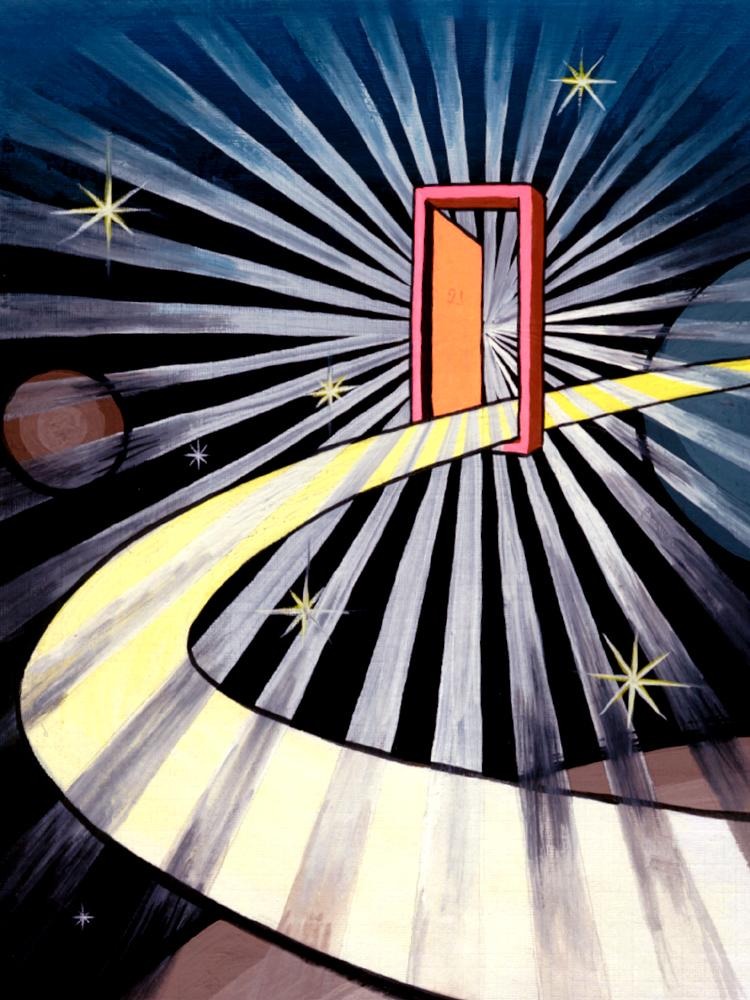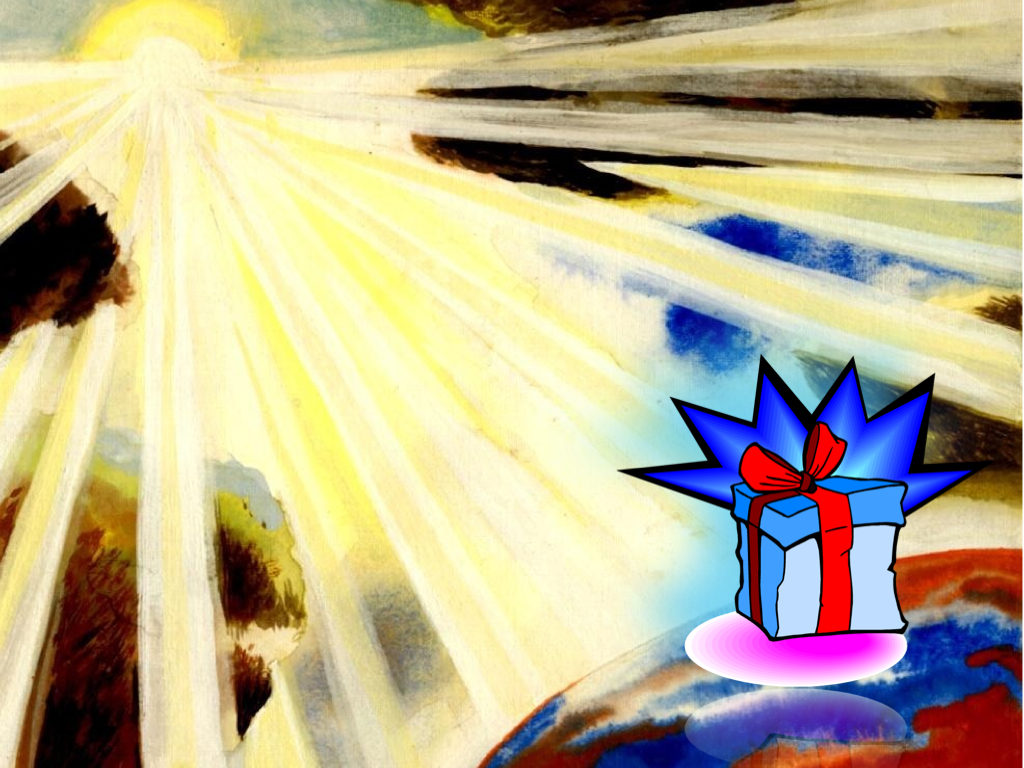
Psalm 110:1–7, From the womb of the morning. We have once again before us another one of the classic Messianic passages in the Hebrew Scriptures and this has been so recognized by both Jewish and Christian theologians for millennia (Heb 1:13; Acts 2:34; 1 Cor 15:25; Eph 1:21–22; Matt 22:41–46). For example, the medieval rabbinical sages Rashi, Ibn Ezra and others recognized the Messianic implications of this Psalm The Messiah in the Old Testament, p. 123ff, by Risto Santala).
The phrase, “from the womb of the morning/dawn” is an interesting one. Christian exegetes have interpreted this to be speaking of the virgin birth. Early church father, Justin Martyr, understood this phrase to be a reference to the virgin birth (Dialogue, chap. 63, ca. a.d. 160). Adam Clarke, apprentice to and then associate of John Wesley, in his notable commentary (1810-1826), writes: “As the dew flows from the womb of the morning, so shall all the godly from thee. They are the dew of thy youth; they are the offspring of thy own nativity. As the human nature of our Lord was begotten by the creative energy of Elohim in the womb of the virgin; so the followers of Elohim are born, not of blood, nor of the will of the flesh, but by the Divine Spirit” (Clarke’s Commentary, vol. 3, p. 582).
The word womb is the Hebrew word rechem (Strong’s H7358) and the KJV translates this word as womb in 21 of 26 times it occurs in the Hebrew Scriptures. Quite frankly, womb is what this word means both literally and figuratively.
The next word under consideration is morning which is the Hebrew word mishchar (Strong’s H4891) meaning “day-breaking or dawn.” Psalm 110:3 is the only occurrence of this word’s usage in the Hebrew Scriptures, therefore, there is no linguistic backdrop against which to juxtapose this word to ascertain easily its meaning.
Let us therefore take another approach to unlocking the mystery of this phrase. Are there other Scriptures which express parallel ideas relating the Messiah’s coming to being similar to the sun’s rising which may give us an expanded meaning?
Continue reading



